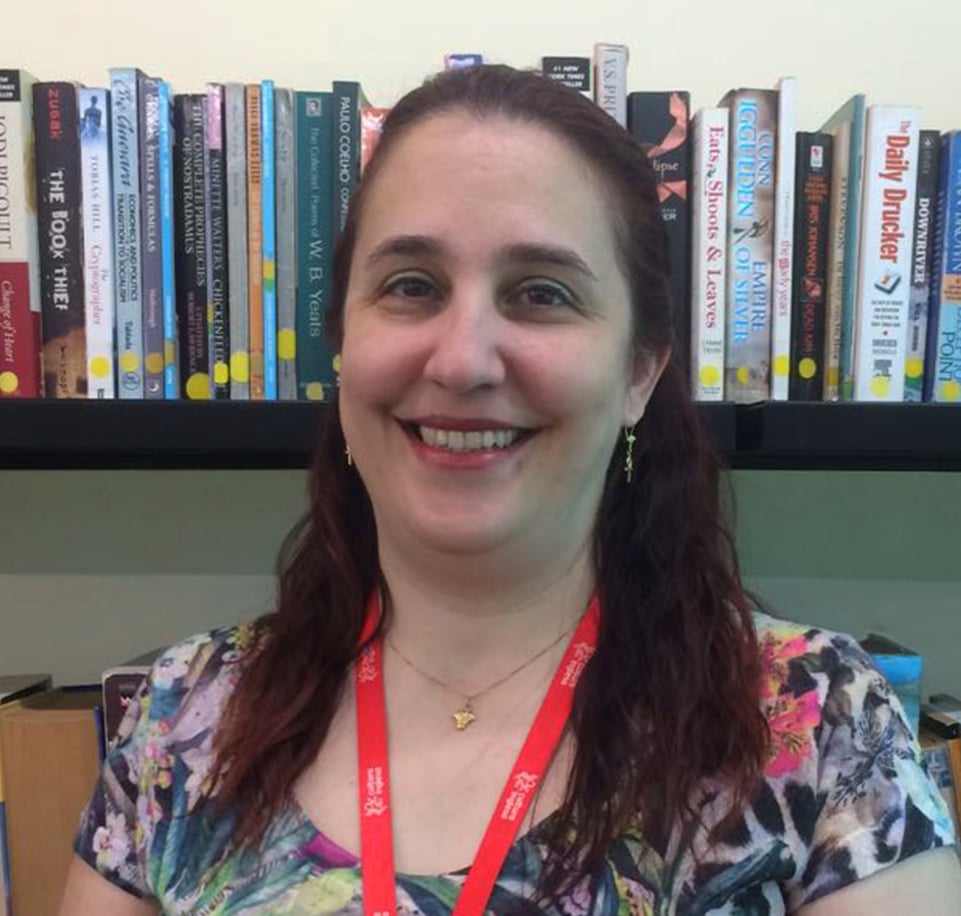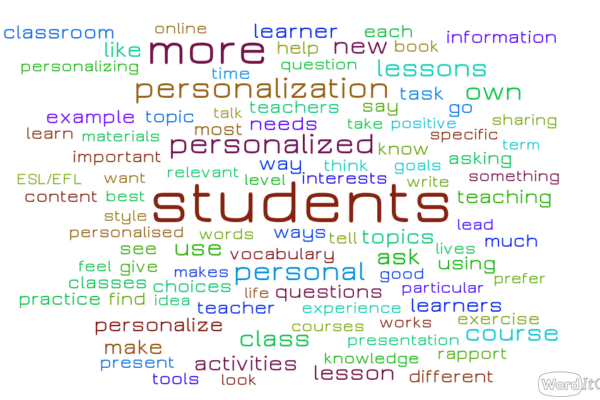Inquisitive Ears – Helping learners develop their collocational competence
How many of us have heard learners expressing the wish ‘I want to be fluent in English’?
But then, what does it mean to be fluent?
As the title suggests, I truly believe in walking through life with our ears wide open, and there is one belief that has permeated my teaching over the years: the importance of triggering learners’ curiosity towards language and its genuine use in various contexts.
As a learner myself, I have always wondered how to become fluent in another language. Naturally, when I started teaching, I also wondered how to help learners become fluent. One possible way of addressing this issue is to study the CEFR (Common European Framework of Reference) document so that we have a clearer idea of what it means to be fluent at different stages of learning. This enabled me to better help learners understand that there is fluency at every stage, not only at advanced levels, and the self-assessment grid can help learners perceive that … Have you ever read the full document or the grid? They are available at www.coe.int/t/dg4/linguistic/cadre1_en.asp and https://rm.coe.int/CoERMPublicCommonSearchServices/DisplayDCTMContent?documentId=090000168045bb52 in case you are interested!
Another way that I found quite useful [and perhaps more fun for learners] is to trigger their curiosity through TV series, movies, news reports etc. I called that developing inquisitive ears. My aim is to help learners develop their collocational competence by noticing how people use language in various contexts, how they combine words and how their choices of words can enhance or breakdown communication.
What does it mean in practice? Here are some possibilities:
After teaching a lesson in which there were phrasal verbs and idioms, I assign a different kind of homework:
- ‘When watching/listening/reading in English, pay attention to when/how people use ‘phrasal verbs’ or ‘idioms’. What is the context? Who is the audience? What does this phrasal verb/idiom mean? Can you think of synonyms?’
I usually do that with B2-C1 learners, and we use an online platform called Edmodo to share our findings:
- ‘When watching/listening/reading in English, pay attention to how people greet each other. Are the friends or strangers? Is it formal or informal? Make a list of ‘Ways to say ‘Hi’ in English’.
I usually do that with teens A1-A2 learners, who are eager to share their findings the next lesson, making English a relevant part of their lives both inside and outside the classroom.
I also use a facebook page called Inquisitive Ears to publish interesting expressions from the TV series I watch. By doing so I hope to convey the following messages to learners:
- Enjoy your free time, but walk through life with your ears wide open;
- Every opportunity can be a learning opportunity, so take it!
- There’s a difference between what we can understand and what we can produce – paying more attention to what you listen and read and making a conscious effort to use it when suitable might help you enhance your English.
What about you? What have you been doing to develop your learners’ collocational competence? Since we are at the beginning of a new semester, it is a great opportunity to revisit our beliefs, rethink our actions and plan for a great ride!









